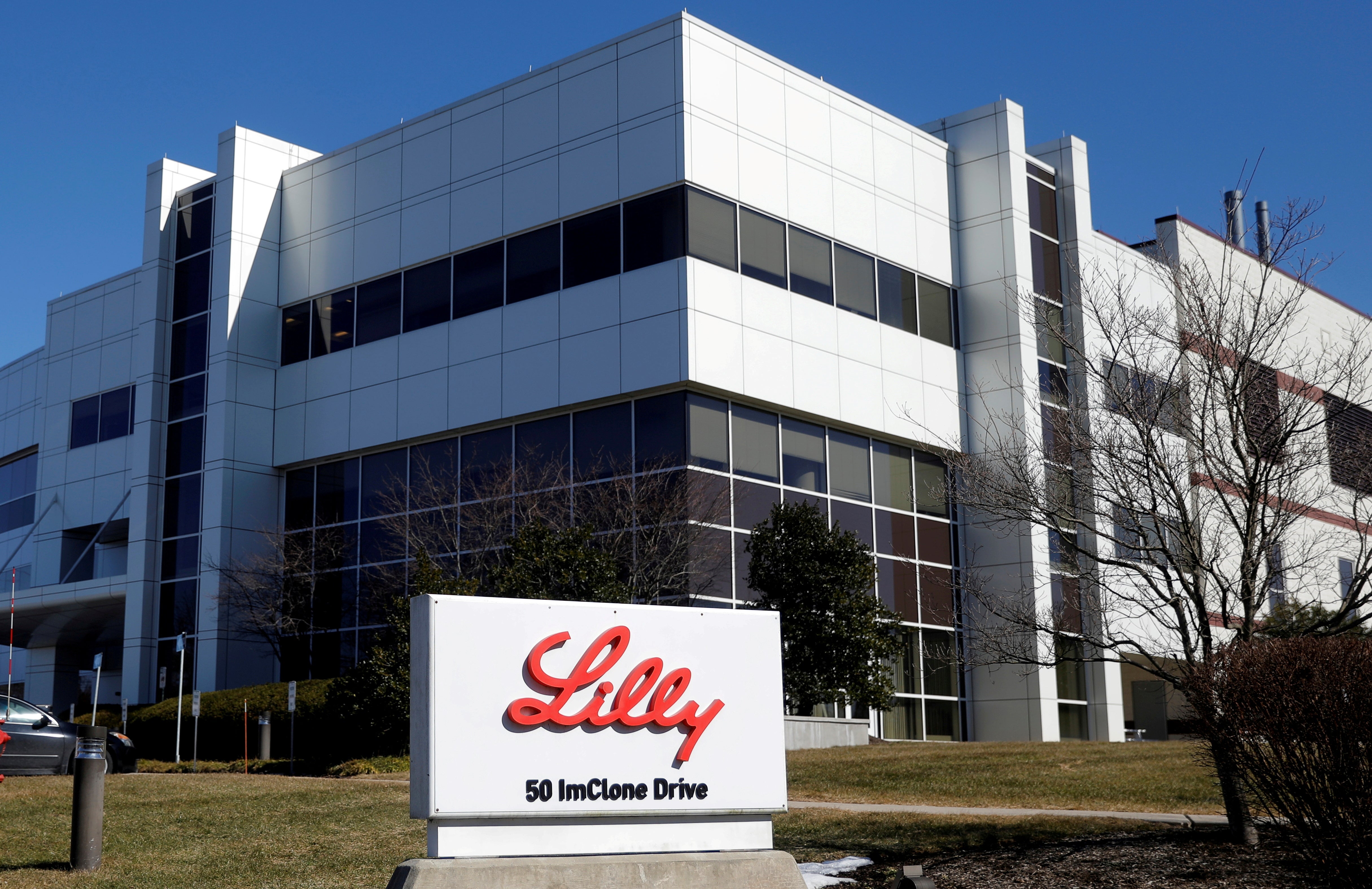Life-extending breast cancer drug approved for NHS use after U-turn
Abemaciclib could give patients ‘precious extra months’ after Nice overruled its own decision

Your support helps us to tell the story
From reproductive rights to climate change to Big Tech, The Independent is on the ground when the story is developing. Whether it's investigating the financials of Elon Musk's pro-Trump PAC or producing our latest documentary, 'The A Word', which shines a light on the American women fighting for reproductive rights, we know how important it is to parse out the facts from the messaging.
At such a critical moment in US history, we need reporters on the ground. Your donation allows us to keep sending journalists to speak to both sides of the story.
The Independent is trusted by Americans across the entire political spectrum. And unlike many other quality news outlets, we choose not to lock Americans out of our reporting and analysis with paywalls. We believe quality journalism should be available to everyone, paid for by those who can afford it.
Your support makes all the difference.A drug that could extend the lives of women with incurable breast cancer has been recommended for routine NHS use – after health officials ruled it out just six months ago.
In February, the National Institute for Health and Care Excellence (Nice) said provisionally it could not recommend abemaciclib for routine use in England because it was not cost-effective.
But in a U-turn on Thursday, Nice overruled its own decision and published draft guidance recommending the drug should be given with fulvestrant for hormone receptor-positive, HER2-negative breast cancer that has spread to other parts of the body in adults who have had endocrine therapy.
It comes after the body heard exemestane plus everolimus – the only other treatment normally used at this stage – was only used by a small number of people because it caused patients such unpleasant side effects.
Nice said its positive recommendation followed an improved patient access scheme from the drug’s maker, Eli Lilly, which will offer the product, also called verzenios, at a discounted rate.
Taken as a pill twice a day, abemaciclib is a drug called a CDK4/6 inhibitor that works by inhibiting proteins in cancer cells which allow the cancer to divide and grow.
The treatment can give people longer before their disease gets worse and delay or avoid the need for chemotherapy.
It normally costs £2,950 for a packet of 56 150mg-tablets (excluding VAT), but American pharmaceutical company Eli Lilly has agreed a confidential NHS discount, according to Nice.
Nice said it also heard more about the value to patients of having abemaciclib as a treatment option as it is an alternative CDK 4/6 inhibitor to others currently available and has different side effects.

Meindert Boysen, director of the Centre for Health and Technology Evaluation at Nice, said: “Advanced breast cancer is an incurable condition and the aim of treatment is to delay it getting worse and extend survival.
“The committee heard that CDK4/6 inhibitors like abemaciclib were welcomed by patients because they can delay the time before their cancer gets worse and so delay or avoid the need for chemotherapy.
“The committee also heard from the patient experts that exemestane plus everolimus, the treatment that would normally be used at this stage, was poorly tolerated and used for only a small number of people because it has similar effects to chemotherapy on quality of life.
“We are therefore very pleased to be able to recommend that abemaciclib with fulvestrant can now be provided routinely as another option for people with advanced breast cancer who have already had endocrine therapy.”
Nice expects to issue its final guidance on abemaciclib in September.
Baroness Delyth Morgan, chief executive of charity Breast Cancer Now, welcomed the approval, which she said would offer “precious extra months” to patients.
She said: “Today’s approval of abemaciclib with fulvestrant for routine use on the NHS, following its time on the Cancer Drugs Fund, is fantastic news for thousands of women with hormone receptor positive, HER2 negative incurable secondary breast cancer.
“Following its worrying provisional rejection by Nice earlier this year, this decision now secures its future use on the NHS, bringing hope to eligible women who could see this combination treatment offer them precious extra months before their disease progresses and it could even help extend their lives.”




Join our commenting forum
Join thought-provoking conversations, follow other Independent readers and see their replies
Comments